.jpg)
THE ROOTS OF THE ENGLISH POLITICIAN IN TURKEY – THE TRAGIC END OF ALI KEMAL BEY
Ali Kemal Bey (1867–1922), who came to public attention as the great-grandfather of Boris Johnson when the latter was elected Mayor of London in 2009, was one of the famous journalists, writers, and politicians of our recent history. He was a master of polemic, rarely seen in his time. This stance dragged him into a tragic end.
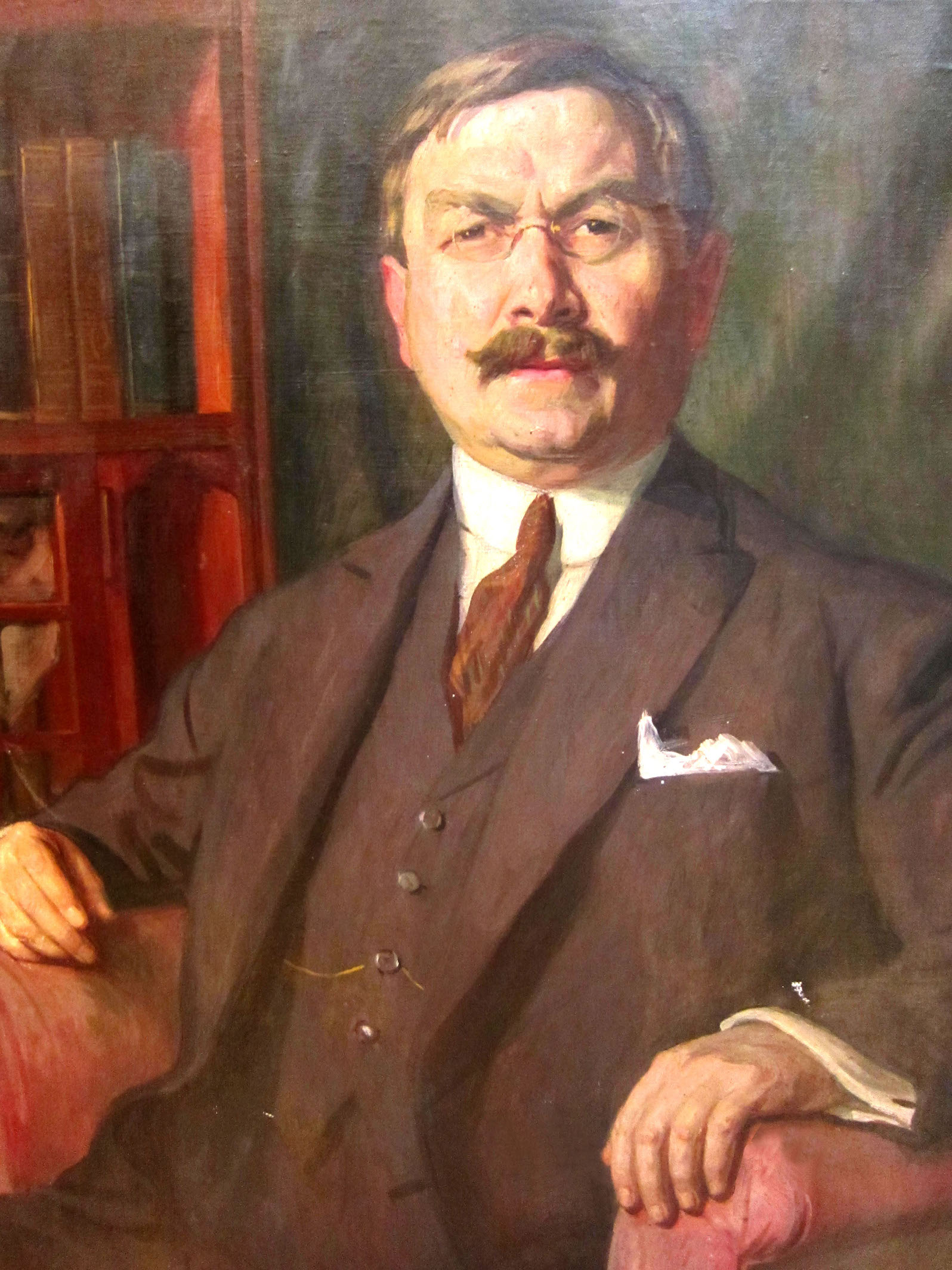
The Liberal Professor
Ali Kemal Bey was born in Istanbul as the child of a wealthy candlemaker originally from Çankırı, a town in middle of Anatolia and near to Ankara. His father, Hacı Ahmed Efendi, never missed mosque lessons and was so sincere that he wept bitterly out of grief at the killing of Sultan Abdulaziz. His mother was a devout woman who hardly ever left her prayer rug. Ali Kemal Bey was one of the famous journalists, writers, and politicians of our recent history. He was a master of polemic, rarely seen in his time. This stance dragged him into a tragic end.
Ali Kemal Bey (1867–1922) graduated from the School of Civil Administration (Mekteb-I Mülkiye). He had been in Europe. He joined the Young Turks. Later, he was pardoned and returned to the country. He occupied himself with a wide range of work, from diplomacy to farming, from writing to university lecturing. He wrote poems. He authored books. In the last Ottoman cabinets, he served first as Minister of Education and then as Minister of the Interior. At the same time, he gave lectures on political history at the School of Civil Administration and the Faculty of Letters. He had a liberal nature, speaking the truth as he saw it without hesitation.
His close friend Rıza Tevfik said: “He was handsome, strong, fair-haired, with light blue eyes, a very brave and active young man. In all sports, he was stronger and more advanced than anyone else. He had an extraordinary talent and passion for poetry. He was very interested in political philosophy. He would have works written in France brought in despite all dangers, and he would read them since his French was good.”
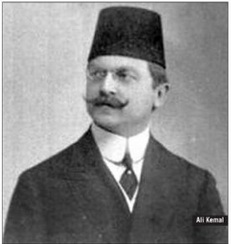
Words Fueled by Hatred
Ali Kemal Bey was the relentless enemy of the Unionists (members of the Committee of Union and Progress) because of their oppression and tyranny. His sharp pen made them tremble, but it could not save him from the wrath of the party. His newspaper was shut down. He was banned from teaching. He was exiled. After the fall of the Unionists, he returned. With his writings in the newspaper Peyam-ı Sabah, he fiercely opposed the Ankara government, which he saw as a continuation and instrument of the Unionists and in which he did not believe. He thought that resisting the English was futile. He criticized Mustafa Kemal Pasha in very harsh terms.
He did not refrain from writing these words full of
hatred:
“Who is Kemal Pasha? During the Great War (World War
I), he became famous especially at Çanakkale (Gallipoli). However, the
first hero of the defense of Çanakkale was neither this man nor that
one; it was the Turkish soldiers, who did not shrink even from throwing
themselves into fire for their religion and state. We were defeated on every
front. Yet Kemal Pasha entered Istanbul in triumphal parades like a victorious
commander. In reality, he was a soldier like his peers. Because he was
addicted to women and revelry, he could not be considered an extraordinary
commander. Such a person could not live quietly on his salary. Whether for or
against the homeland, he would look for opportunities to make noise. Now he
has found that opportunity!”
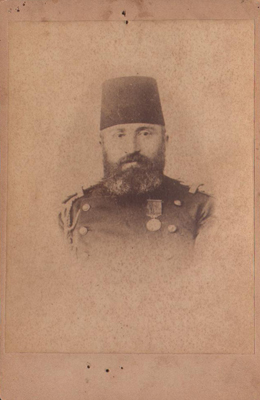
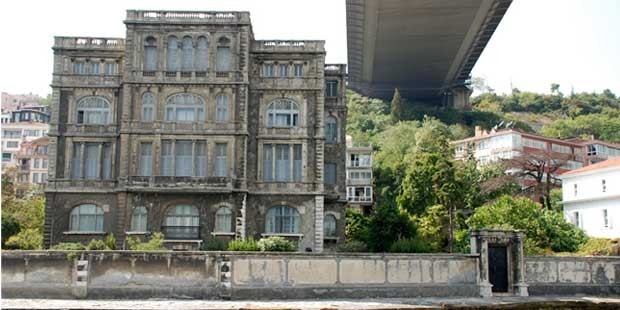
A Tragic End!
After the victory at İnönü in 1921, he softened his politics somewhat. He wrote articles that could be interpreted as being in favor of the Anatolian movement, which he had earlier regarded as a Unionist maneuver. But his feelings toward the so-called heroes of Ankara did not change. His opponents nicknamed him “Artin Kemal.” Gradually he lost hope. However, he refused the offer of friends to flee.
After the victory was won, he was seized from the barbershop in Beyoğlu where he was getting a shave and taken to İzmit. There, he was lynched by soldiers in civilian dress on the orders of First Army Commander Sakallı Nurettin Pasha. His corpse, dragged on the ground with a rope tied to his foot, was hung on a gallows erected by the roadside to be seen by İsmet Pasha, who was on his way to Lausanne.
Thus the story of Ali Kemal Bey ended with a tragic death. However, Nurettin Pasha’s action did not meet with approval. Mustafa Kemal Pasha said: “Had a fedai (hitman) in Istanbul shot him, he would have been a hero. But to kill him without a fight or a court decision is murder.”
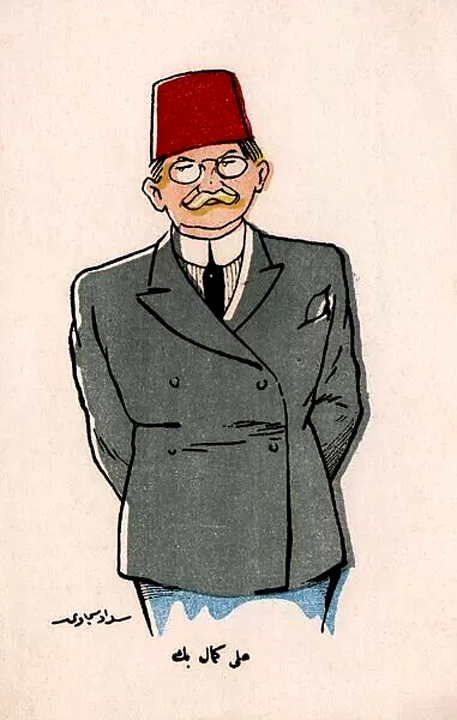
Ali Kemal Bey had squandered his inherited wealth in a wasteful life. Nevertheless, he chose to live poor but honest; he never considered taking advantage of the privileges of being a minister. By marrying Sabiha Hanım, the daughter of Zeki Pasha, minister of the military schools, he was able to breathe a little easier under his father-in-law’s protection. He lived in his mansion on Büyükada.
From this marriage, Zeki Kuneralp (1914–1998), one of the diplomats of the republican era, was born. His son Selim Kuneralp is ambassador in Seoul. Sabiha Hanım died in 1990. One of her brothers, Sedat Zeki Örs, was a Democrat Party deputy and diplomat; her other brother, Vedat Zeki Örs, was a scientist. Her sister Saibe Hanım was married to Hasan Rıza Pasha, the martyred defender of Shkodër.
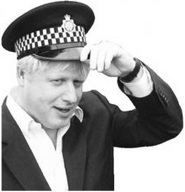
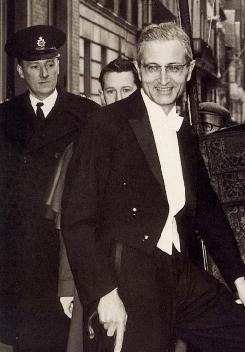
War Came in Between
Ali Kemal Bey’s first wife was Winifred Brun, born to a Swiss father and an English mother. He married this lady in London in 1903, and from her two children were born, named Selma and Osman. The poor woman died in 1909 shortly after the birth of her son. After that, Ali Kemal Bey lived in Wimbledon, England, for about three years, then had to leave his children with their grandmother, Margareth Johnson, and return to his homeland. Later, he wished to bring his children over, but was unsuccessful due to the war.
After Ali Kemal Bey’s killing, their grandmother raised the grandchildren as English. Osman Wilfred Kemal went to Egypt in 1936, worked there together with his mother’s cousins, and married Irene Williams Bromley.
From this marriage, Stanley Johnson was born in 1940. He became director of The Spectator magazine and a Conservative Party MP. Stanley Johnson married Charlotte, the daughter of Sir James Fawcett of Bohemian origin. From this marriage, Alexander Boris Johnson was born, who at the age of 44 was elected Mayor of London from the Conservative Party. He later became Foreign Secretary, and finally Prime Minister. Boris Johnson is a person who often emphasizes his Turkish origins.

Önceki Yazılar
-
THE WATER OF IMMORTALITY IN THE “LAND OF DARKNESS”28.01.2026
-
THE WORLD LEARNED WHAT FORBEARANCE IS FROM SULTAN MEHMED II21.01.2026
-
THE RUSH FOR GOLD14.01.2026
-
TRACES OF ISLAM IN CONSTANTINOPOLIS7.01.2026
-
WHO CAN FORGIVE THE KILLER?31.12.2025
-
WHEN WAS PROPHET ISA (JESUS) BORN?24.12.2025
-
IF SULTAN MEHMED II HE HAD CONQUERED ROME…17.12.2025
-
VIENNA NEVER FORGOT THE TURKS10.12.2025
-
THE FIRST UNIVERSITY IN THE WORLD WAS FOUNDED BY MUSLIMS3.12.2025
-
WHO BETRAYED PROPHET ISA (JESUS)?26.11.2025